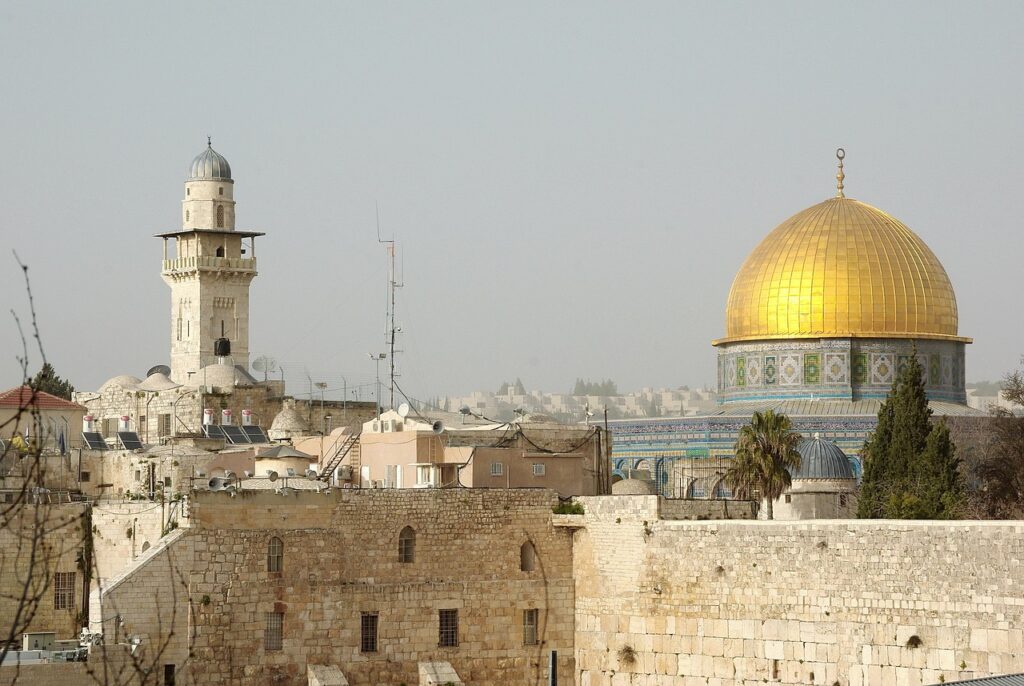A ceasefire in Gaza began on Sunday after a three-hour delay, during which Israeli airstrikes continued. The agreement, brokered by the U.S., Egypt, and Qatar, led to the release of several hostages and the start of humanitarian aid deliveries. However, political and logistical challenges threaten the fragile truce’s future.
Ceasefire Begins After Delays
On Sunday, a ceasefire in Gaza finally started after a three-hour delay. The delay intensified fears as Israeli airstrikes continued, killing at least 19 people. Families in Israel anxiously awaited updates, fearing the agreement with Hamas might fail. The ceasefire, finalized on Wednesday, took effect at 10:15 a.m. CET.
Hamas delayed providing the list of hostages for release, citing technical issues. Despite this, three women—Romi Gonen, Emily Damari, and Doron Steinbrecher—were freed. Televised images showed them surrounded by crowds in Gaza before being transported safely. The Red Cross confirmed they were in good health. In return, Israel released 90 Palestinian detainees.
Stories of Those Freed
Romi Gonen, 24, was kidnapped on October 7, 2023, during the Nova Music Festival near Gaza. Emily Damari, 28, holds dual Israeli and British citizenship. Doron Steinbrecher, 31, is also a Romanian citizen. Both were taken from their homes in Kibbutz Kfar Aza.
Meanwhile, thousands of displaced Gaza residents began returning to their homes. Many found their neighborhoods in ruins after months of fighting. The UN estimates that 90% of Gaza’s population was displaced during the conflict, enduring harsh conditions.
Challenges of the Agreement
The six-week truce marks the first phase of a deal brokered by the U.S., Egypt, and Qatar. This phase involves releasing 97 Israeli hostages in exchange for nearly 2,000 Palestinian detainees. Humanitarian aid has started reaching Gaza as part of the agreement, with supplies arriving at key crossings.
Future phases aim to extend the truce, free all remaining hostages, and exchange more prisoners. The final stage envisions rebuilding Gaza and returning the remains of deceased Israeli captives. However, political tensions and logistical obstacles threaten the deal’s success.
Despite progress, Israeli Prime Minister Benjamin Netanyahu described the agreement as temporary. Right-wing coalition partners criticized the deal, warning of security risks. The path forward remains uncertain, and the fragile truce hangs in the balance.
